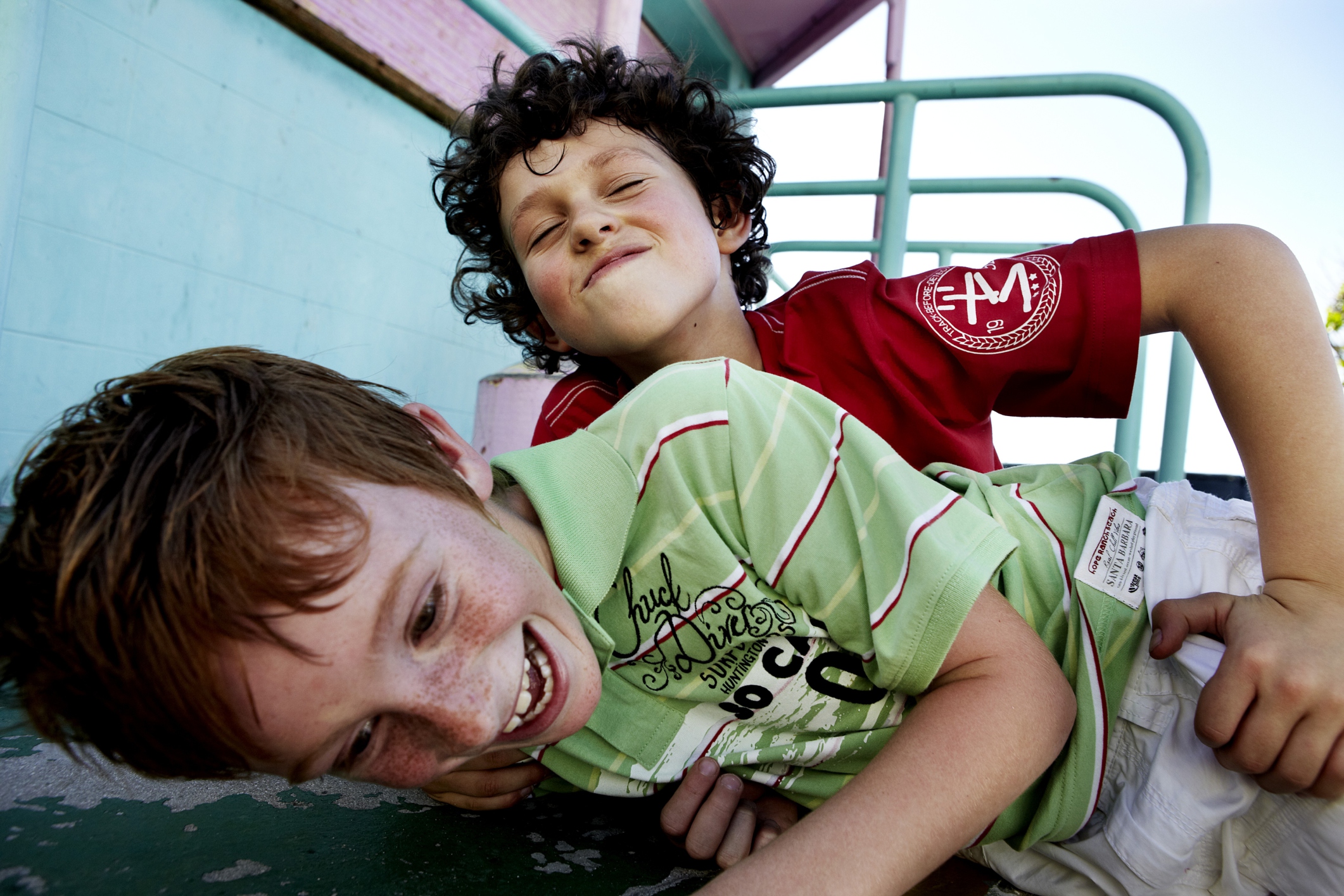

As parents, we all know how much kids love to ask questions, many of which start with the word, “Why.”
These questions may start out simple:
“Why is the sky blue?” or “Why can’t I have another piece of cake?”
But when it comes to developing a child’s faith, soon enough, these questions will progress to something more challenging. Questions like . . .
“Why do bad things happen?” or “Why does it feel like God doesn’t care?”
We can’t avoid questions. They are part of the human experience.
Like it or not, that means questions will also be part of a growing personal faith.
We can’t ignore them or sweep them under a rug, hoping they’ll disappear.
At the same time, we can’t string pithy phrases together and assume we’re helping someone answer their deepest faith questions.
After all . . .
Not all questions have simple answers.
Not all questions HAVE answers.
No single human knows all there is to know about God and how God works.
While there is much we can discover about God, often the best answer for some questions is, “I don’t know.”
This can be difficult for anyone in charge, whether it’s a parent or a leader. We have this idea that leading kids means having all the answers to be able to help them with their questions or doubts.
In the moment, we tend to forget there was a whole lot we didn’t understand about life when we were growing up—and if we’re really honest, probably STILL have a lot of questions about how God works.
When a hard questions comes up, what if we were honest and said, “I Don’t Know”?
I read recently about the power of that phrase. Throughout history, saying “I Don’t Know” and admitting ignorance has been the catalyst for discovery. Because people asked questions, humans learned, explored, and made progress that propelled history and faith forward—a process that continues still.
What if we could turn our shared ignorance into shared discovery?
What if we said, “I don’t know, but let’s try and find out together.”
Or . . . “People have all sorts of opinions about this, let’s see which seem most wise to follow.”
Taking the time to help our kids explore their faith is one of the most important things we can do for them. And while in the process of discovery, we may not find the answers we wanted or we may find that a question can’t be answered yet, we might actually discover bigger ideas about God that help us trust God even more.
So when your kids start asking tough questions about faith, be ready with answers, but also be okay with saying, “I Don’t Know.”




